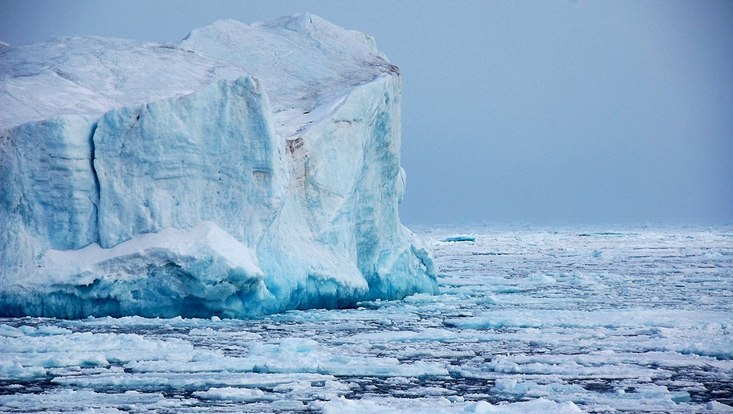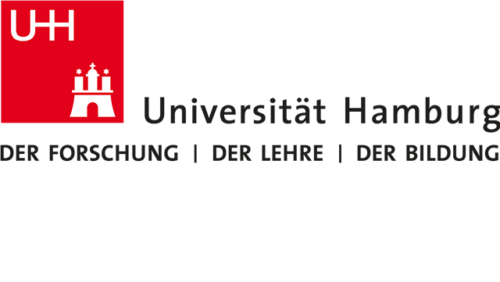
CLICCS


Climate, Climatic Change, and Society
The Paris climate agreement from December 2015 has provided a powerful impetus not only for climate policy but also for climate research. To address the resulting new challenges, the Cluster of Excellence “Climate, Climatic Change, and Society” (CLICCS) will establish a long-term program spanning the range from basic research on climate dynamics and climate-related social dynamics to the transdisciplinary exploration of human–environment interactions.
The scientific objectives of CLICCS can best be achieved through three intertwined research themes equivalent to “research units”:
- Theme A – Sensitivity and Variability in the Climate System
- Theme B – Climate-Related Dynamics of Social Systems
- Theme C – Sustainable Adaption Scenarios
Each theme is structured into multiple projects adressing in a manageable way sub-objectives of each theme. Infrastructure science will be performed through a project High Performance Computing and Data-Intensive Science. A central synthesis project will distill the results on possible and plausible climate futures, from research in CLICCS and elsewhere, into an annual Hamburg Climate Futures Outlook.
The Cluster of Excellence “Climate, Climatic Change, and Society” (CLICCS) will:
- Develop assessments of which climate futures are possible and which are plausible, based on our understanding of both climate and social dynamics.
- Identify the social prerequisites for the deep decarbonization required to reach the Paris climate targets, by incorporating the heterogeneous preferences of actors and disruptive events in social systems, frequently occurring unrelated to the climate system.
- Construct self-consistent scenarios of future climate that incorporate the latest process-based knowledge of natural climate variability and social dynamics, that are consistent with the feedback processes in the natural and human–environment systems, and that take into account the actual dynamics of governance structures.
- Construct case studies of sustainable adaptation scenarios that take into account the reality of competing social goals and potential trade-offs, while being consistent with knowledge of physical and social dynamics.
- Account for how the irreducible (aleatoric) uncertainty arising from internal climate variability, including extreme events, affects climate–socio-economic interactions and decision-making processes.
- Synthesize, through the publication of an annual Hamburg Climate Futures Outlook, the research results both within CLICCS and outside of it, contributing to the assessment of what future co-developments of climate change and society are possible and plausible.
- Develop effective stakeholder dialogs by closely linking our own practice with the scientific reflection of their social foundations.
Beteiligte Institutionen:
- Deutsches Klimarechenzentrum GmbH
- HafenCity Universität Hamburg (HCU)
- Helmholtz-Zentrum hereon GmbH
- Institut für Friedensforschung und Sicherheitspolitik an der Universität Hamburg
- German Institute for Global and Area Studies Leibniz-Institut für Globale und Regionale Studien
- Max-Planck-Institut für Meteorologie (MPI-M)
- Helmut-Schmidt-Universität/Universität der Bundeswehr Hamburg
- Technische Universität Hamburg
Podcast on the Cluster of Excellence
Click on the button to load the content from Podigee.


